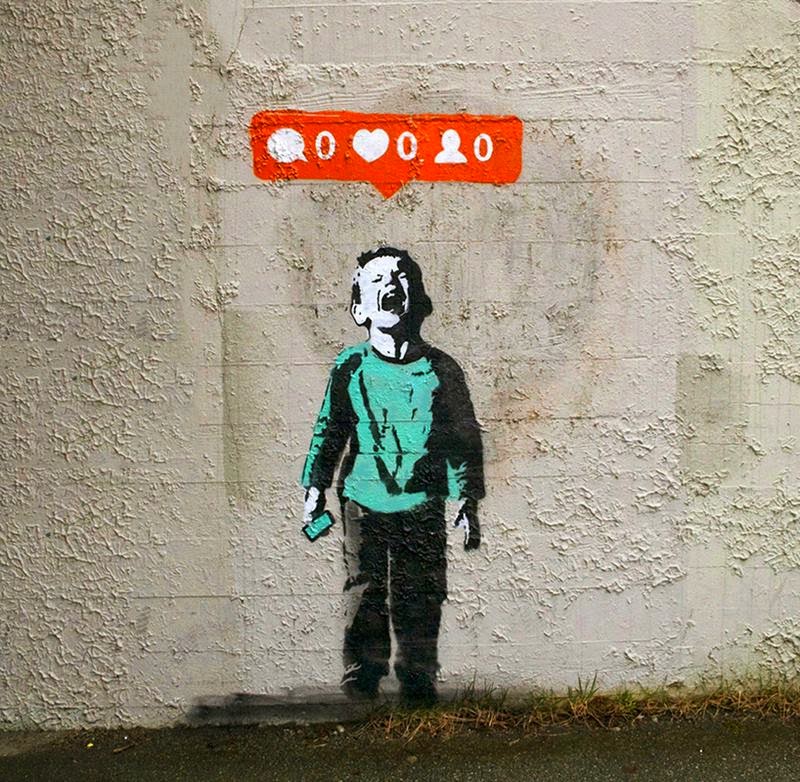 Research shows that too much time on social networks could be making people, especially young adults, more prone to depression.
Research shows that too much time on social networks could be making people, especially young adults, more prone to depression.
Admit it; it happens. You’re scrolling through your newsfeed seeing photos of your bud’s latest round of golf or awesome vacation, and there it is…that little tinge of jealousy and a pang of “why isn’t my life as great as his?”
“Anyone who regularly uses social media will have had the experience of feeling envious of the fun their friends all seem to be having. This might especially be the case if you’re sitting at home on a cold wet evening, feeling bored while everyone else is partying or having a glamorous holiday in the sun,” writes University of Salford lecturer Mark Widdowson in Mashable.
It’s human nature, I suppose, and for many of us we get over it and realize we’re just being silly. But could it lead to something deeper? It appears so, especially in young adults as Widdowson explains.
“A recent U.S.-based study, sponsored by the National Institute for Mental Health, identified a ‘strong and significant association between social media use and depression in a … sample of U.S. young adults.’ The study found that levels of depression increased with total amount of time spent using social media and number of visits to social media sites per week,” he notes.
That bears repeating: Levels of depression in young adults goes up in relation to time spent on Facebook, Instagram, etc.
As Widdowson points out, there are likely myriad factors that play into these findings, including the fact that young adults who are already leaning toward depression may be spending more time on social networks rather than interacting with their friends or peers in real life.
Even so, it’s a fact that many social media users relate the number of likes and comments they get as a measure of their personal success, even their own worth. As business people, we see it all the time from a professional standpoint. It only stands to reason that it happens in personal life the same way.
“It is human nature to compare ourselves to others. Sometimes comparison can be a way to inspire ourselves to improve in some way, but, more often than not — especially when someone is feeling down or is prone to depression — the comparisons become negative, and erode self esteem,” Widdowson explains.
The kicker is that the comparisons themselves are not fair. Most people post when they are feeling and acting as their “best” version of themselves, surrounded by friends, doing cool things, in exotic locations. I’ve yet to see someone post a photo of themselves doing laundry, cleaning out the cat box or paying bills with not enough money in the bank. So the reality factor is completely missing from the comparison, but the results are still potent.
“At the moment, we don’t know enough about how the way that social media is used and its impact on mood and longer-term mental health,” Widdowson continues. “Until we do, perhaps the best option is to recognize that social media can be a valuable tool to keep in touch with friends and that our interactions on social media should not overly influence our self esteem.
“It might also be worth remembering that, although everyone else might seem to be having a great time, news feeds are more biased towards showing all the fun, interesting things that people are doing. So they are just curating the best bits of their life — not necessarily having a better time than you are.”
For the young adults in our families and social groups, we need to be aware of this research and model good online behavior. Spending time face to face is still a critical life skill and reaching out with a hug instead of a Snapchat might go a long way.

May 10, 2016, 2:06 pm
This is so true. Thanks, Dave!
September 10, 2020, 7:55 am